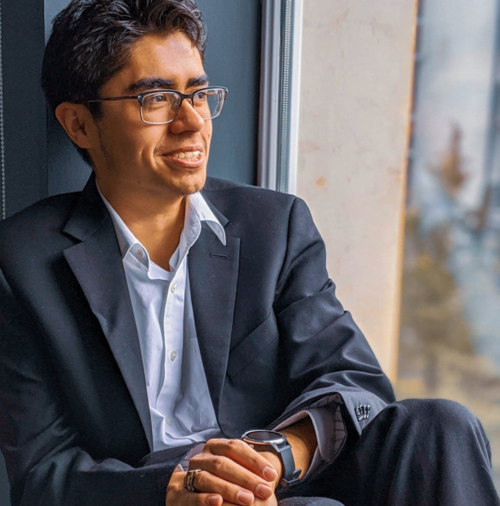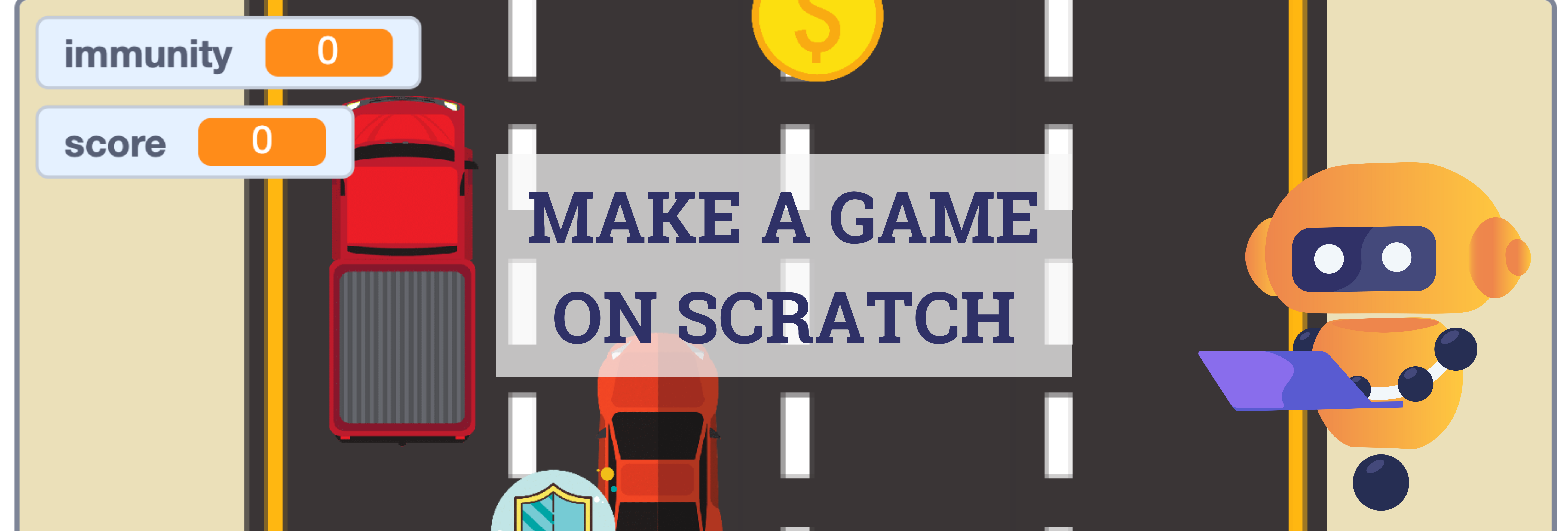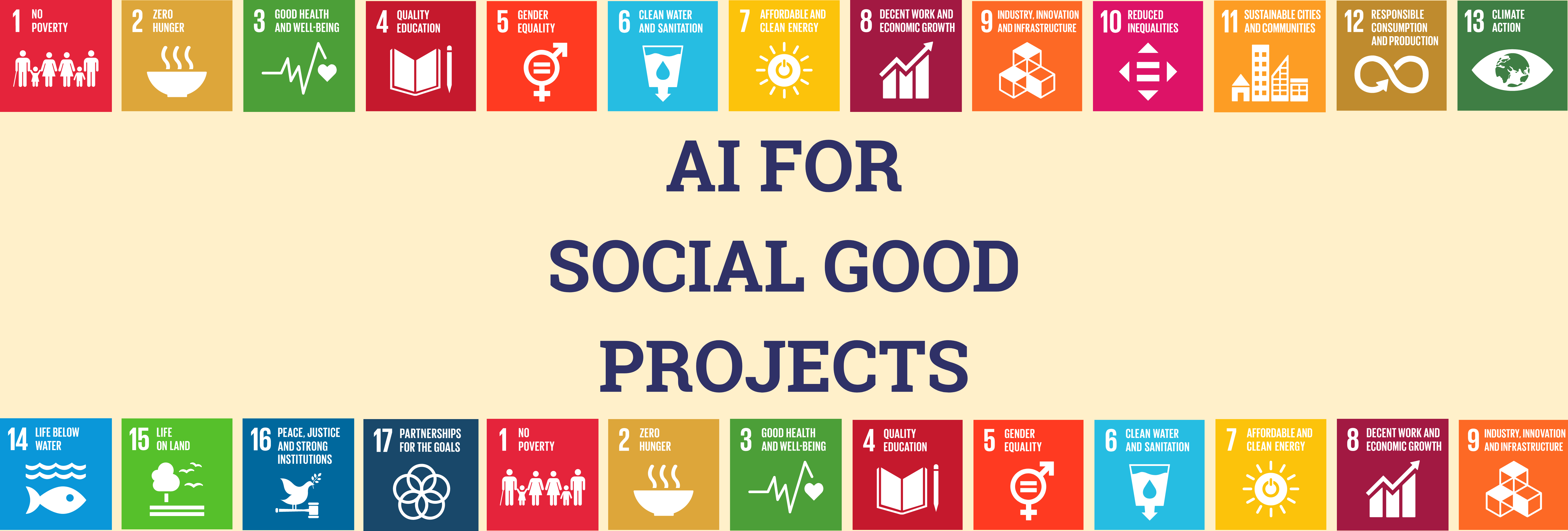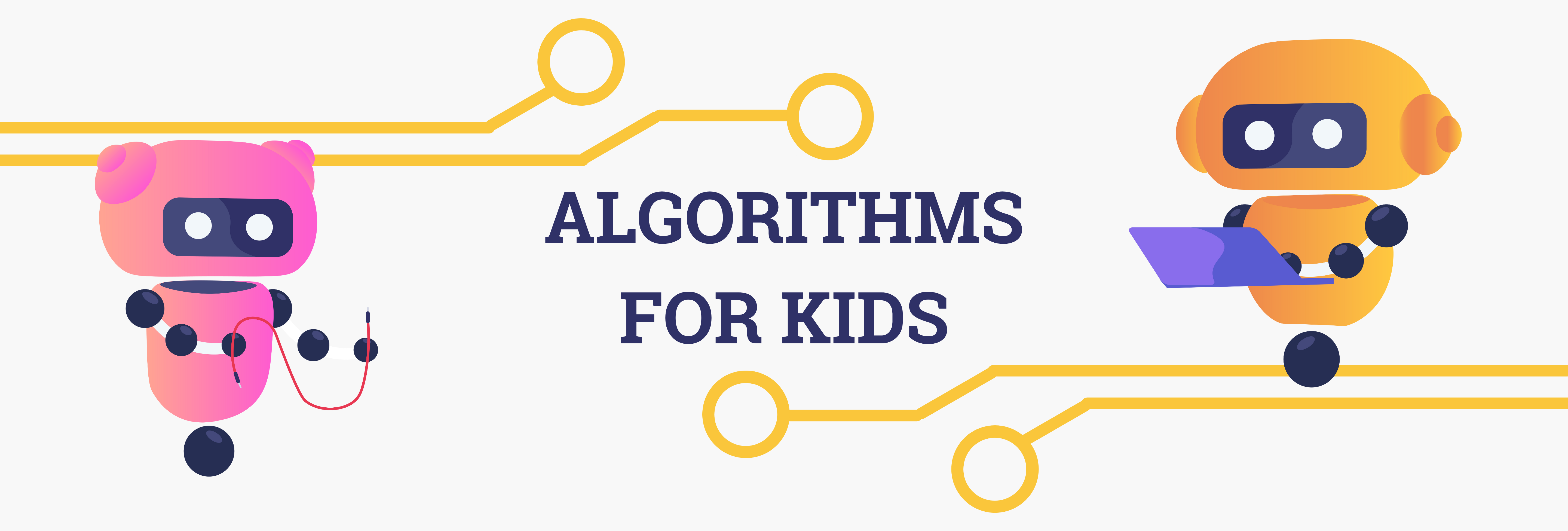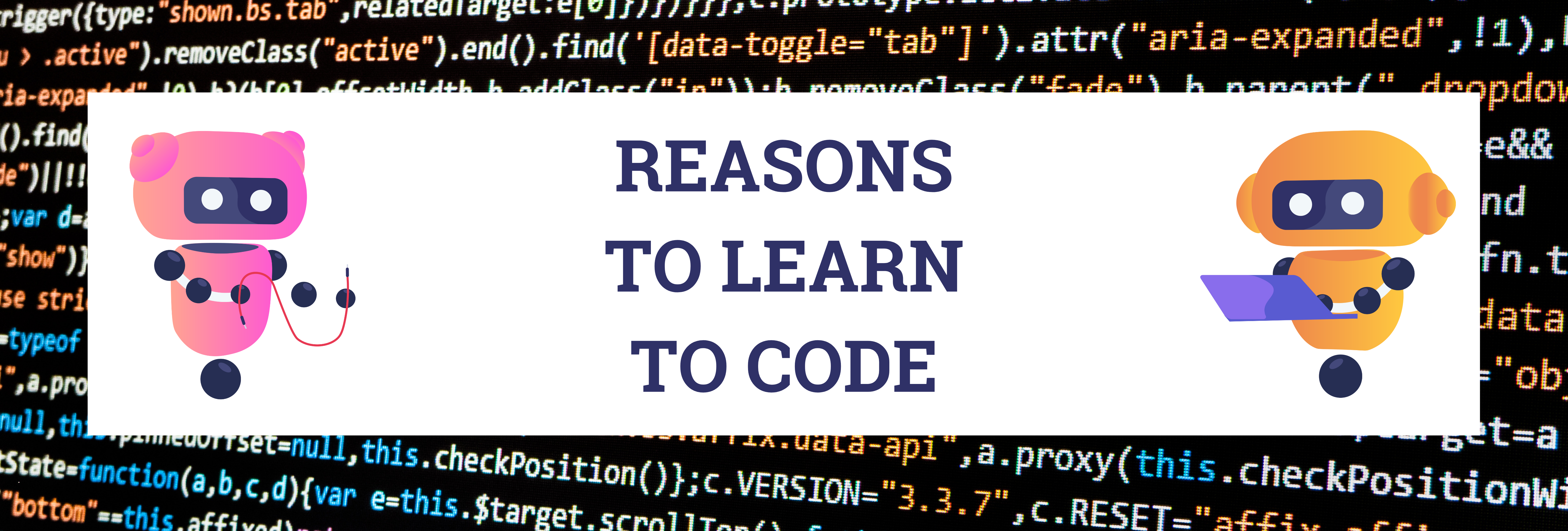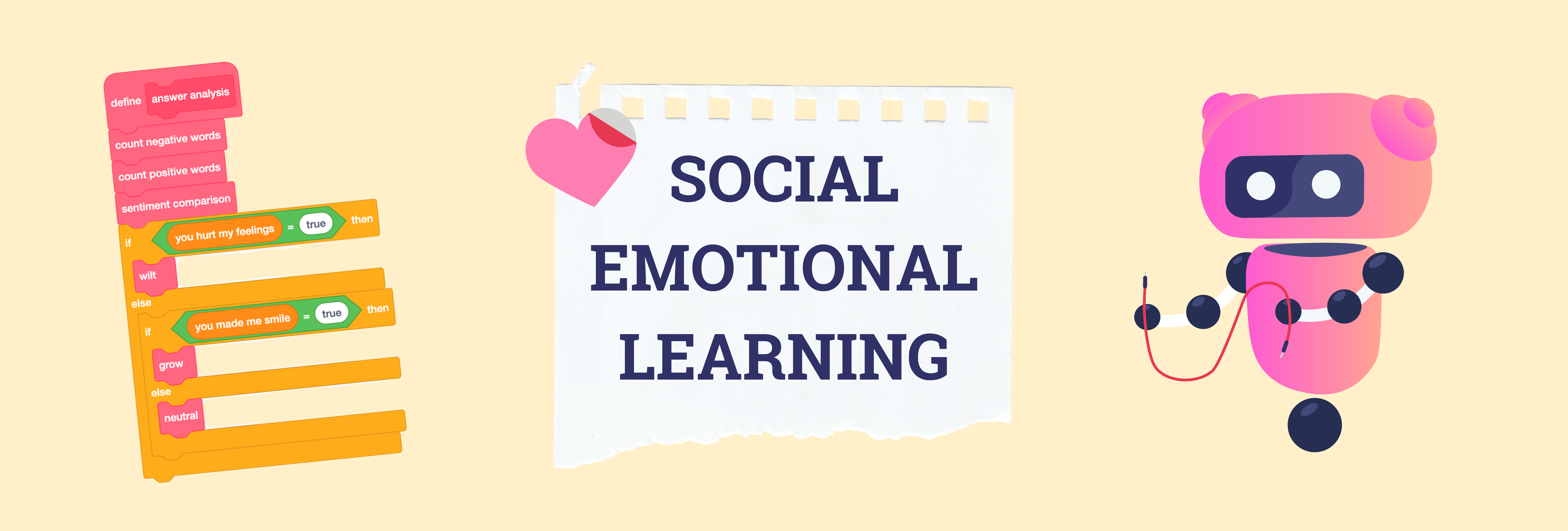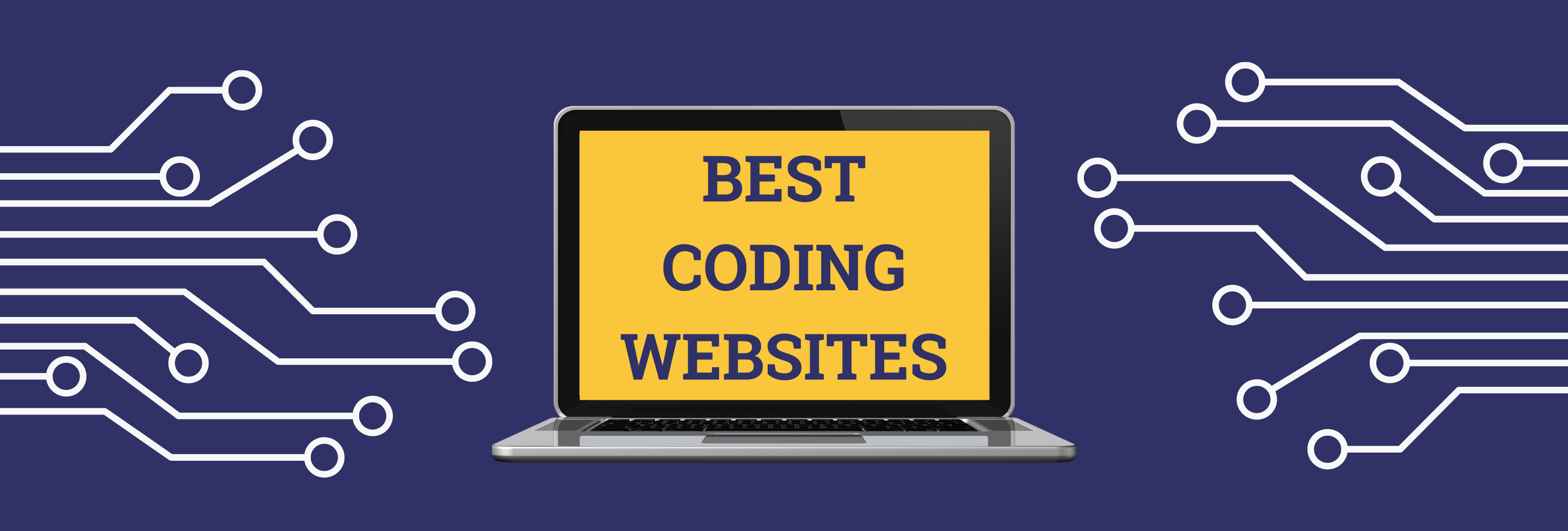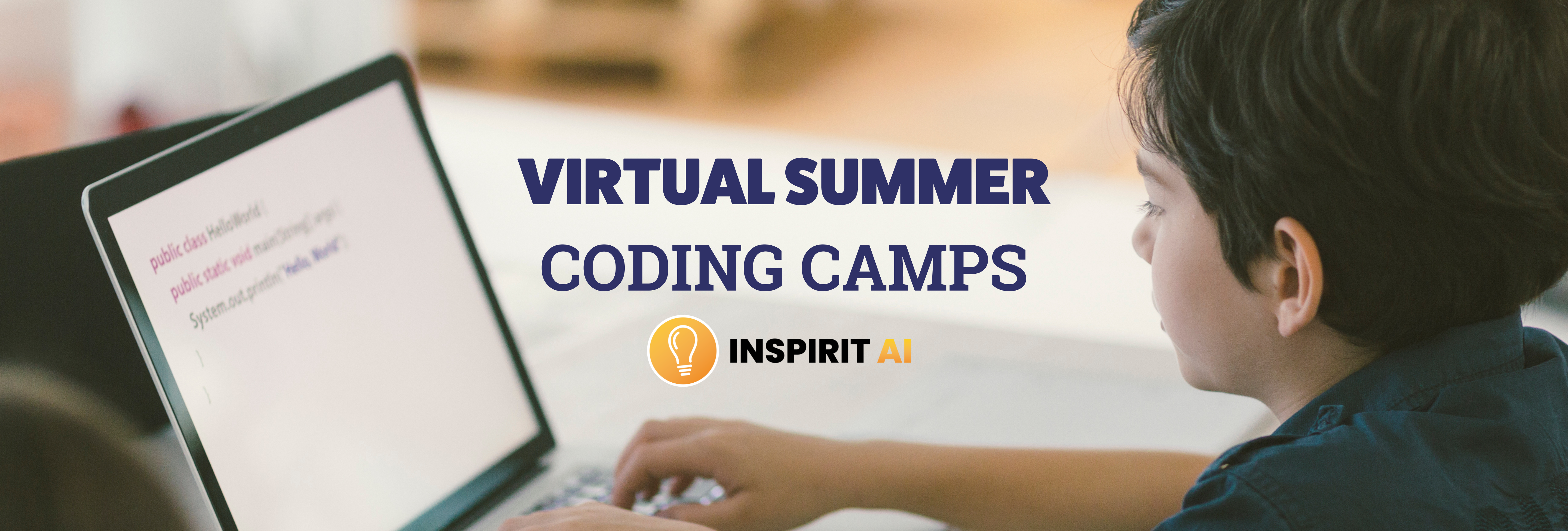AI for Social Good Projects at Inspirit AI
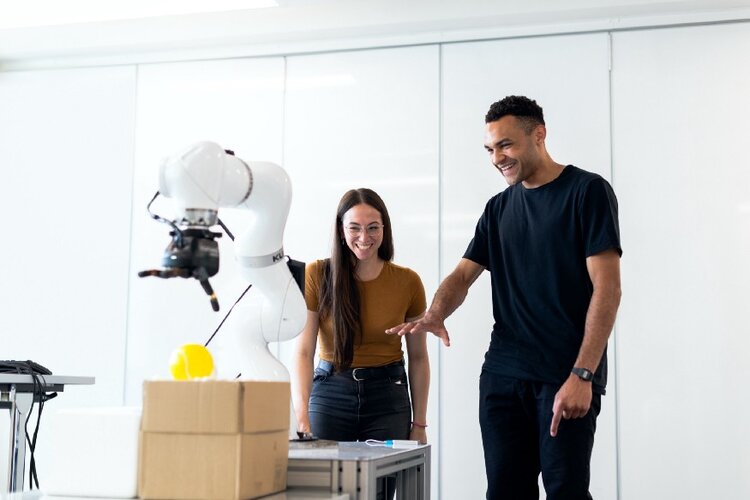
This past summer, over 600 students around the world participated in the two-week Inspirit AI program, where they learned AI concepts from Stanford and MIT students and alumni. In the second week of the program, students had the opportunity to apply their knowledge to various AI for Social Good Projects that focus on solving a socially relevant issue using AI. Projects exist across many different subject domains, including healthcare, robotics, finance, and neuroscience. Below are a selection of some of the projects that students have worked on with their instructor’s guidance this summer. For a more complete list of projects available, please visit our website.
AI + CRIMINAL JUSTICE

The communication between my peers, my instructor, and I was flawless considering we were on opposite sides of the earth. Not only did I have the chance to work with a very talented mentor, I also had the chance to communicate with students who shared my interests, but had completely different experience from me.
She also talked about how this project made her more aware of social injustices within the criminal justice system:
The project I worked on was very eye opening for me because I had the chance to see that racial bias not only existed in the human world, but that it also existed in the never ending world of technology. I took great interest in this and it led me to want to dive deeper into the world of AI. With this newfound passion/interest in this field, I wanted to discover more about AI, and I thank InspiritAI for opening a part of me that I did not know, existed.
Christina Liao is a 12th grade student at Los Alto High.
AI + COVID-19 GENOMICS

In our newest project offering, students focused on a particularly salient social issue today: public health. Through this lens, they learned about how AI can be applied to genomics to inform public health policy interventions. They took a hands-on approach to learn about how public health can be improved through these tools by using AI to predict the place of origin of a strain of the SARS-CoV-2 disease using its genome. By extracting features from genomic data, they were able to model which region the disease erupted from.
Dhanish Natarajan, a student who worked on this project, appreciated the interactive and engaging nature of the projects. He remarked that:
From working on my project, I realized that I found that using machine learning in biology is very interesting to me. I was able to apply what I learnt about AI to my project.
Dhanish Natarajan is a 9th grade student at Lynbrook High School.
MEDICAL IMAGING FOR PNEUMONIA DETECTION
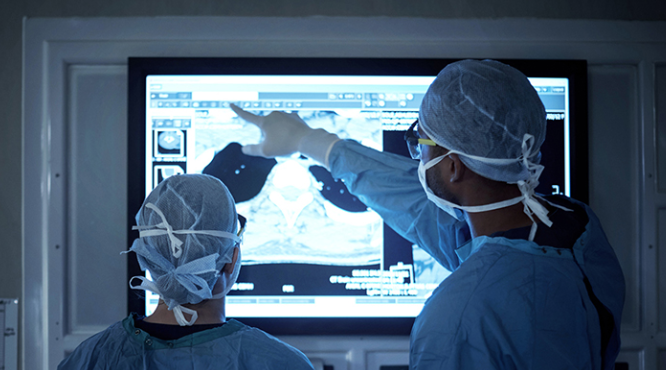
In this project, students learned about AI concepts related to computer vision by exploring medical imaging. Using convolutional neural networks, they built AI models that augmented medical diagnoses by detecting pneumonia from X-rays of patients’ chests. This helps radiologists detect cases of pneumonia that may have less obvious signs in the X-ray, as well as help them save time by combing for pathogen markers in the multiple images that are needed to make an accurate diagnosis.
The project helped cement Vishnu Nandurkar’s interest for AI into a passion for AI through interactive coding:
I already loved coding in C++, Java and Python and that I was curious about AI when I signed up for this program. This program opened my eyes to the world of AI. This program is not only about coding. The program takes us through conceptual fundamentals, introduces AI application followed by hands on programming. In sum, this program transformed my curiosity about AI into passion for AI.
Vishnu Nandurkar is a student from VCW Arya Vidya Mandir, Bandra Kurla Complex in Mumbai, India.
FAKE NEWS DETECTION

This project exposed students to the increasingly relevant issue of fake news circulation in social media. Students worked to improve the quality and authenticity of online content by classifying websites as real or fake using real website data. Using logistic regression, students classified the website data into fake or real, split the data into training, validation, and test sets, and then created a model that optimized for prediction accuracy. They were able to apply techniques within natural language processing, such as bag of words, to create these models.
Vansh Tibrewal, a student who worked on this project, made a few remarks about the process of working with his peers in his small group:
The time allotted for working on the project was some of my favorite time in the whole program. It was the perfect blend of individual freedom while also having the safety net of being able to ask our instructor for help in case of any issues. Working in a group was also a great experience as it allowed us to discuss our accuracies and models to identify the strengths and weaknesses of each others’ models, eventually leading to all of us having strong well-designed AI models.
It also helped develop his interest in AI by applying the concepts he just learned to this socially relevant issue.
The project has certainly helped grow my passion about ML and NLP. It inspired me to continue working on the project after the program ended, which led to me discovering new AI models and honing my passion, while creating a great AI model even more accurate than the one I made during the program. All of this independent exploration would not have been possible with the great resources provided to us during the ‘Your AI journey’ session, which helped me identify my interests and learn how to find datasets for my own projects and import them into Google CoLab.
Vansh Tibrewal is a student at Vibgyor High in India.
Applications for our fall program dates are now open. To find out more, please visit our Inspirit AI website.


